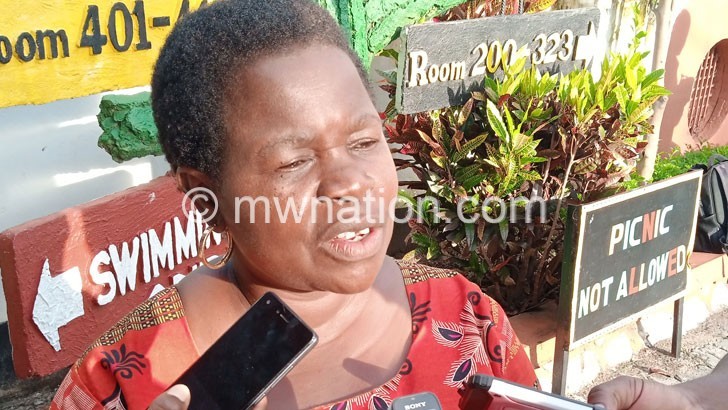Fear stifles corruption reporting—Afrobarometer
Findings of a new Afrobarometer survey show that 78 percent of Malawians are scared to report or speak out on suspected cases of corruption for fear of the consequences.
The findings are contained in an Afrobarometer report published yesterday titled ‘Amid rising corruption, most Africans say they risk retaliation if they speak up’.
In its findings on Malawi, the report said only 21 percent of people report corruption freely while 13 percent think corruption is the most important problem that Malawi has to deal with.
Afrobarometer said the findings are a cause for worry as whistle-blowers do not only reveal individual cases of corruption, but also help to unearth systemic weaknesses that encourage corrupt behaviour, allowing governments and anti-corruption agencies to use the information to close loopholes that enable corrupt activities.
Reads part of the report: “Concern about possible reprisals is high across key demographic groups. It is particularly high among citizens with secondary or higher education who may be most aware of cases of retaliation, and is relatively low among economically well-off citizens.”

The report further shows that 42 percent of respondents said all police officers are corrupt and 66 percent said government was doing badly in fighting corruption.
In interviews yesterday, some key players in the ant-corruption drive attribute the fear to report to lack of the Whistleblower Protection Act and lack of incentives.
National Anti-Corruption Consortium chairperson Moses Mkandawire said in most cases beneficiaries of corruption and fraud are the political elite.
He said: “People often are not sure about their personal protection when they report to authorities who are the political elites. That is why we should have the Whistleblower Protection Act in place.”
Centre for Social Transparency and Accountability executive director Willy Kambwandira said the Whistleblower Protection Act will create room for people to provide information without fear of any threats and attacks as is currently the case.
He urged the Malawi Law Commission and other agencies to move with speed to have the law in place.
However, the Anti-Corruption Bureau (ACB) has said the Corrupt Practices Act (CPA) has provisions that also protect whistle-blowers.
In an interview yesterday, ACB spokesperson Egrita Ndala said: “Section 51 (a) of the CPA provides for protection of all whistle-blowers. What we lack is a comprehensive law that supports protection of whistle-blowers and this is what is being developed.
“The CPA clearly states that revealing whistleblowers is an offence and perpetrators can be imprisoned up to two years.”
She further said the Whistleblower Protection Bill is also being developed by the Special Law Commission and the bureau is facilitating the process to secure funding to kick-start it.
Law Commission director of law reform Mike Chinoko confirmed yesterday that the Bill was still under development.





